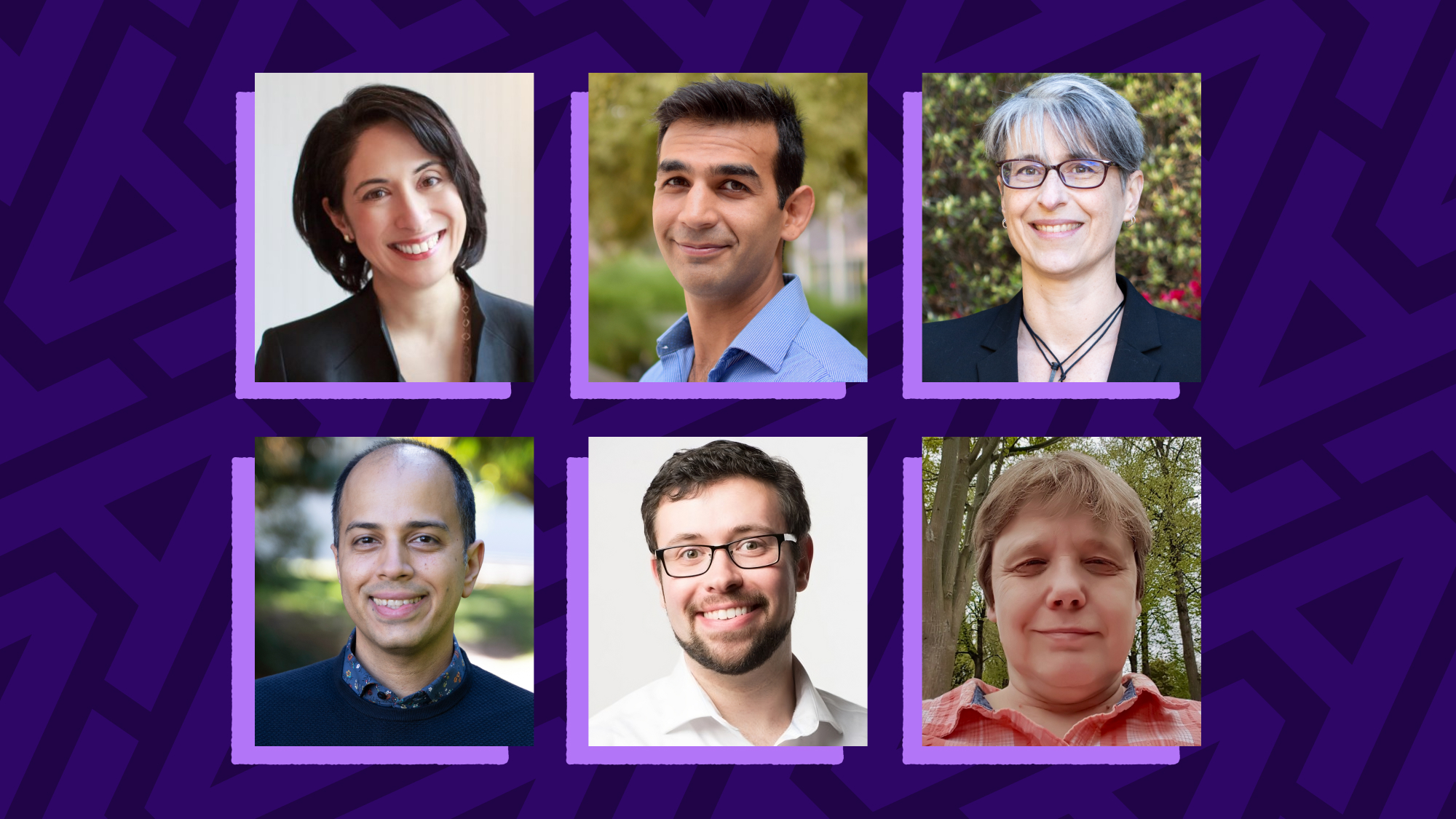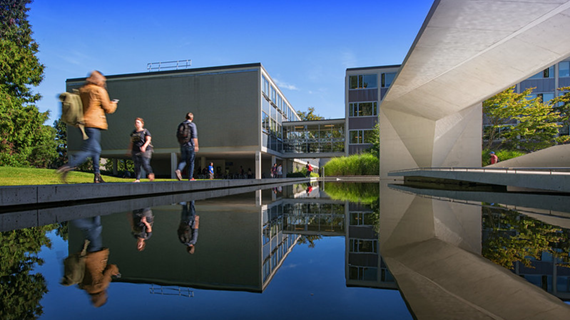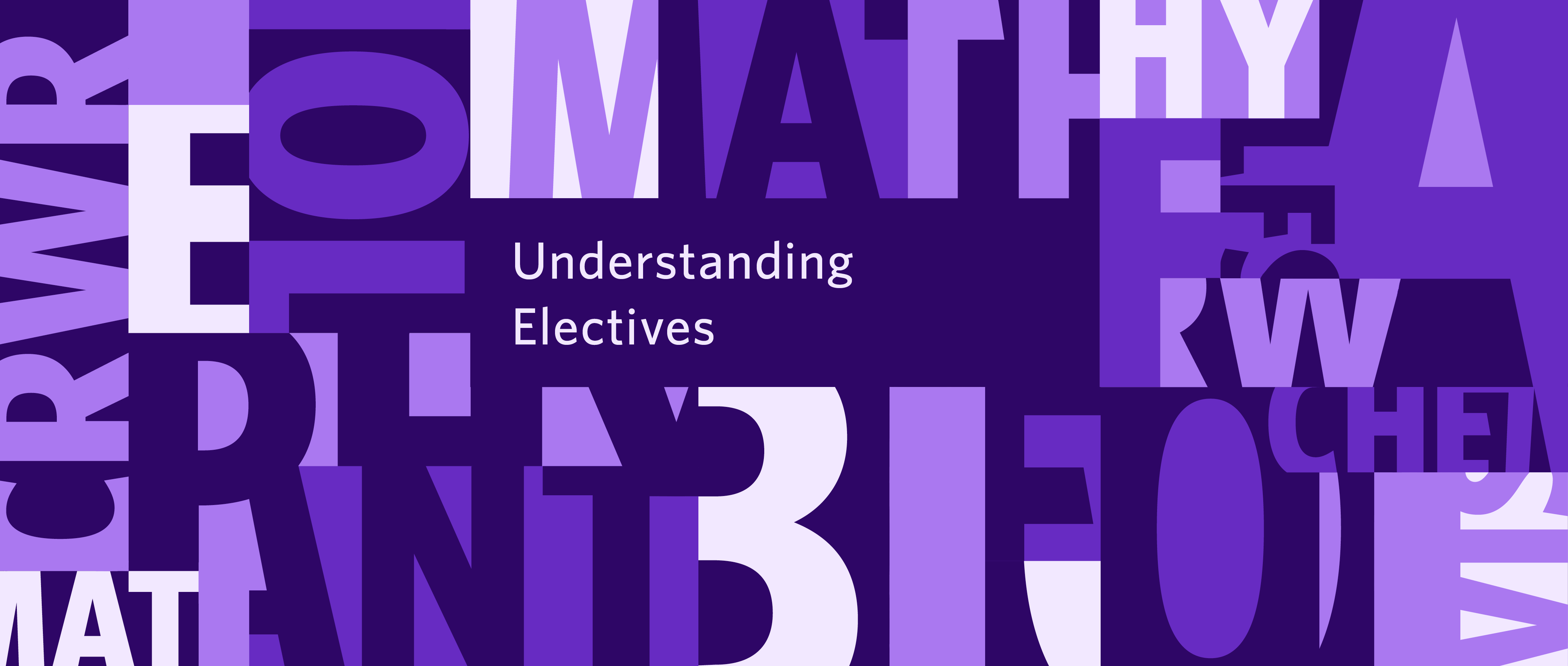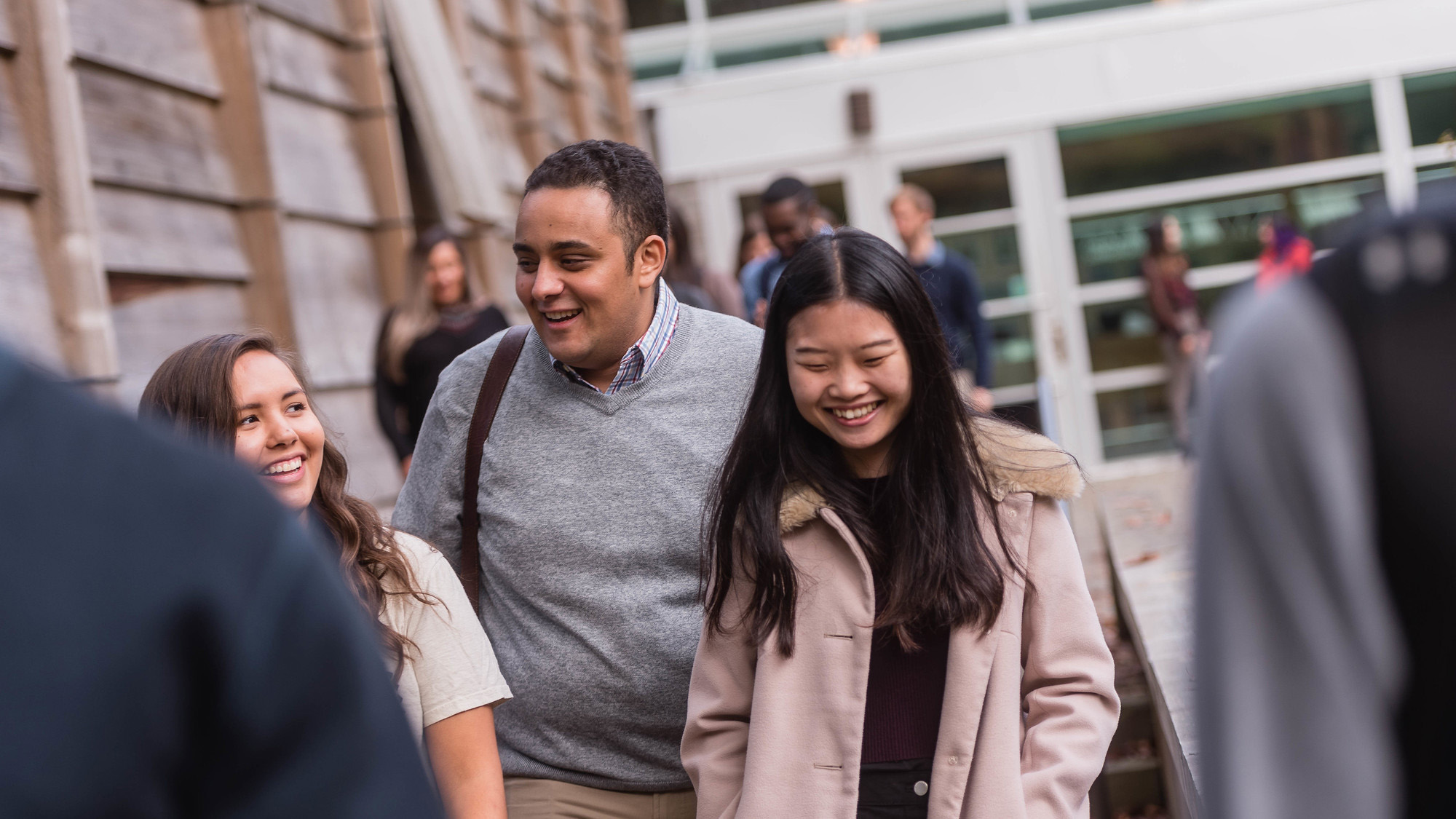

Students in conversation outside First Nations Longhouse. Image by Paul H. Joseph/UBC Brand & Marketing
June is National Indigenous History Month—an opportunity to learn about, appreciate and acknowledge the rich history, heritage, resilience, contributions and diversity of First Nations, Inuit and Métis peoples.
Registration starts soon for the 2023/24 Winter Session! We have compiled a list of Arts courses you can take to learn more about Indigenous topics. These courses are open to all Arts students without any prerequisites, and are taught by Indigenous faculty.
FNIS 100: Indigenous Foundations (Term 1)
Study the historical, cultural, political, economic and legal issues that inform the experiences of Indigenous peoples in Canada, examined from both Indigenous and non-Indigenous perspectives.
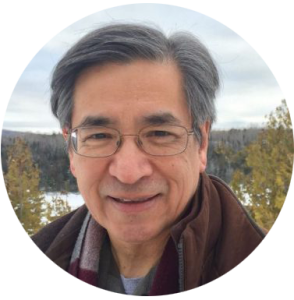

Dr. Bernard Perley
Meet the course instructor: Dr. Bernard Perley
FNIS 210: The Politics of Self-Determination (Term 1)
Learn about the cultural, historical, political, economic and gender dynamics that structure the relationship between Indigenous peoples and the state of Canada and beyond. Topics covered include Indigenous self-determination struggles in relation to self-government, land claims, environmental justice and economic development.
Look forward to: A diverse selection of readings and speakers that engage the topic of self-determination from a critical Indigenous perspective at the local and global levels.
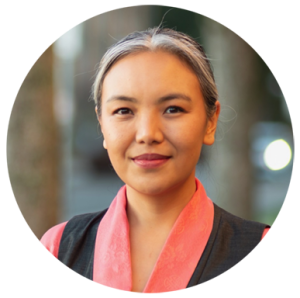

Dr. Pasang Yangjee Sherpa
Meet the course instructor: “FNIS 210 is a course for anyone, regardless of their disciplinary background, interested in learning about how self-determination of Indigenous peoples is tied to justice for all.” – Dr. Pasang Yangjee Sherpa
FNEL 101: Introduction to Salish Language (Term 1)
This course provides an introduction to the pronunciation, vocabulary, oral traditions, writing system, and basic grammatical structures of hən̓q̓əmin̓əm̓, the traditional language of the Musqueam people, on whose unceded territory UBC (Vancouver) is situated. Offered jointly by Musqueam and UBC, classes are held in-community, with content that is grounded in place, identity, and the cultural context of the people whose past, present and future this language reflects. No prior knowledge of the language is assumed.
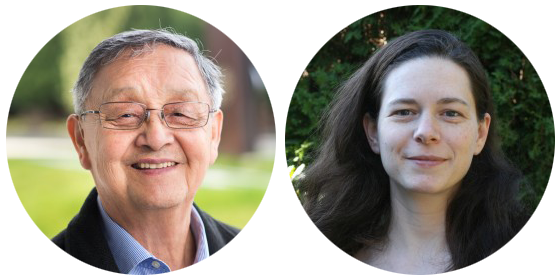

sʔəyəɬəq Elder Larry Grant & Fiona Campbell
Look forward to: Meeting at the Musqueam Community Centre to listen, learn, share, practice, play, test yourself, and contribute to the increasing vitality of hən̓q̓əmin̓əm̓ in its spoken and written forms.
Meet the course instructors: sʔəyəɬəq Elder Larry Grant & Fiona Campbell
FNEL 180: Introduction to Endangered Language Documentation and Revitalization (Term 1)
Learn foundational concepts in the critical study of cultural, historical, social and political factors that impact language loss, retention and revival. This course introduces strategies and practical methodologies for collaborative, interdisciplinary, community-based documentation and revitalization projects for First Nations and Indigenous languages.
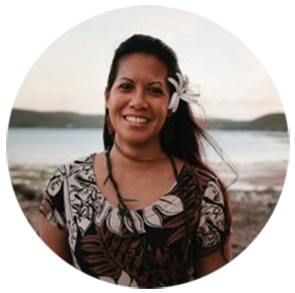

Dr. Candace Galla
Look forward to: Learning from a diversity of resources and voices that include Indigenous scholar-educators, cultural practitioners, community members and allies who are working to support community-centered language programs for the purpose of language revitalization, reclamation and renormalization.
Meet the course instructor: “By the end of the course, I trust that students will acknowledge that we all have a role and responsibility to the vitality of Indigenous languages where we live, work, and/or visit.” – Dr. Candace Galla
CRWR 220: Introduction to Creative Writing with an Indigenous Focus (Term 2)
This course will help you build a foundation in the vocabularies of Indigenous studies and Indigenous literary studies, as well as in creative writing through forms, techniques, literary devices, and more.
Look forward to: Writing assignments that can be either critical, creative, or both, and can range from autobiographical reflections on place and identity, to analytical discussions of assigned texts, to poetry.
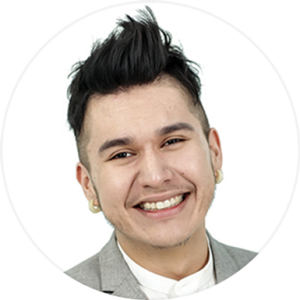

Dr. Billy-Ray Belcourt
Meet the course instructor: “In this course, students will be introduced to a wide array of texts written by contemporary Indigenous writers in Canada and the United States.” – Dr. Billy-Ray Belcourt
ANTH 430: Indigenous Governance, British Columbia (Term 2)
This course examines Indigenous approaches to governance with a reference to how Indigenous Nations in BC establish and practice authority and jurisdiction. This will be achieved by examining actual existing governance systems (such as band councils, tribal councils, hereditary systems), historical systems of governance and proposed models.
Look forward to: Examining opportunities of Indigenous governance through real life examples, you will become more aware of the ways Indigenous Nations are exercising their authority and jurisdiction.
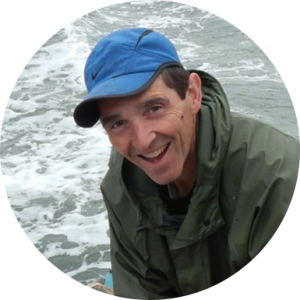

hagwil hayetsk/Dr. Charles Menzies (Gitxaała Nation)
Meet the course instructor: “This is the only named course on Indigenous Governance at UBC. It’s been a pleasure working with students as they learn about the reality and potential of Indigenous led governance. I look forward to the next cohort!” – hagwil hayetsk/Dr. Charles Menzies (Gitxaała Nation)
SOCI 220: Sociology of Indigenous Peoples (Term 2)
Study the effects of the social meanings of race, ethnicity, gender and class for Indigenous peoples in Canada and the United States. Explore how these social meanings shape identity formation, life chances, health and social policy.
Look forward to: Actively engaging with the course materials and concepts, with space for sharing and discussion. Learn about the complex social world of Indigenous peoples through podcasts like This Land hosted by Rebecca Nagle and Unreserved with Falen Johnson, and write a reflection paper on films like Smoke Signals and Blood Quantum.
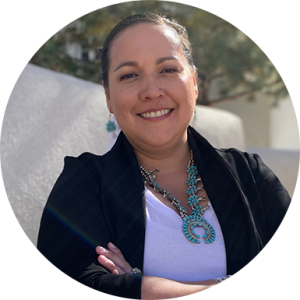

Dr. Kimberly Huyser
Meet the course instructor: “I hope that students who take this course will understand the unique contributions and social position of Indigenous peoples. I hope they feel empowered to meaningfully invest in their social work and work towards a better world.” – Dr. Kimberly Huyser
To discover more Arts courses with an Indigenous focus, visit the following resources:
